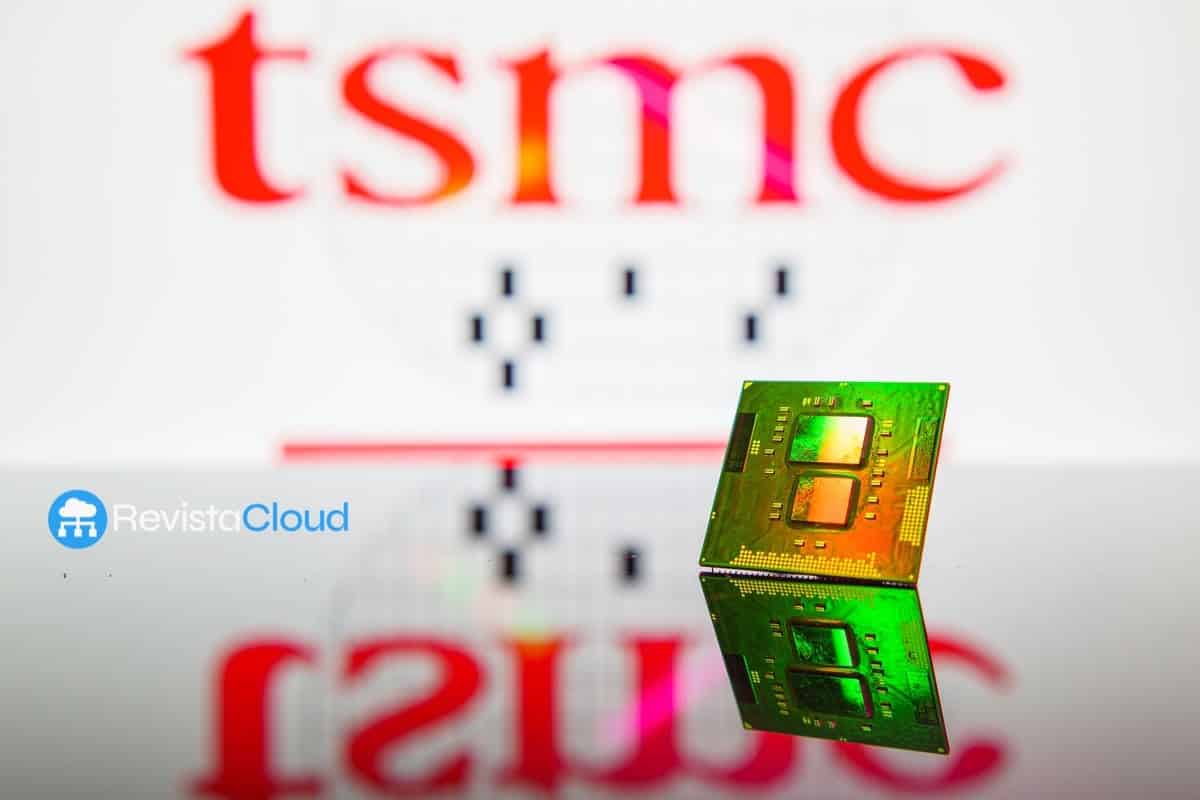The world’s largest chip manufacturer, TSMC (Taiwan Semiconductor Manufacturing Company), is preparing to raise its production fees in 2026. According to supply chain sources cited by DigiTimes, the company has already informed key clients that the prices for its most advanced processes—5/4 nm, 3 nm, and 2 nm—will increase by between 5% and 10%. This move aims to offset pressure from tariffs, exchange rates, and rising global operational costs.
The industry’s reaction has been anticipated. Previously, TSMC’s CEO, Mark Liu (魏哲家), humorously responded when asked if they would use pricing adjustments to tackle financial challenges: “What one thinks isn’t always something you can say out loud.” Now, those words seem to be coming true.
Leading clients are most impacted
The price hike will directly affect major clients relying on the most advanced nodes, including Apple, NVIDIA, AMD, Qualcomm, Broadcom, and Intel. These companies form the core demand for processes of 5 nm and below, driven by the AI boom, high-performance computing (HPC) surge, and expanding data centers.
In contrast, TSMC has offered discounts for mature processes—28 nm and higher—to keep volumes competitive in applications like automotive, IoT, and traditional electronics.
A context marked by geopolitical tensions and strategic shifts
The price adjustment responds to several factors:
- US tariffs: the company continues to face additional costs from trade tensions and its expansion efforts in Arizona.
- Taiwan dollar appreciation: in recent weeks, the local currency has strengthened, increasing production costs for international customers paying in USD.
- Global expansion expenses: TSMC has committed $300 billion in new factories and infrastructure, not only in Taiwan but also in the US and Japan, including advanced packaging lines and 2 nm manufacturing facilities.
The company has clarified that passing some of these pressures onto its prices is necessary to maintain profit margins, especially at the flagship nodes where competition remains limited.
The Japanese rival Rapidus advances in 2 nm
This news coincides with Rapidus, the Japanese semiconductor consortium developing its 2 nm “2HP” node with the goal of starting mass production in 2027. Preliminary data suggests its logic density will be comparable to TSMC’s N2 and surpass Intel’s 18A, making it a potential competitor in technology, although it still lags in volume and experience.
Meanwhile, TSMC plans to begin mass production of its N2 in Q4 2025, securing a several-month competitive advantage.
A market without direct competition
With over 50% global market share in foundry and near-total control over cutting-edge nodes, TSMC enjoys a rare bargaining position in the industry. While it has been careful not to strain relationships with clients—who depend on its manufacturing capabilities—analysts agree that the current market tolerates a price increase because no other foundry can match TSMC’s immediate performance, scale, and reliability.
Frequently Asked Questions (FAQ)
1. Which processes will be affected by TSMC’s price hike?
The advanced nodes of 5/4 nm, 3 nm, and 2 nm, which are most in demand from AI chipmakers, mobile device manufacturers, and data centers.
2. Will there be discounts for mature processes?
Yes. TSMC plans to offer more competitive prices for processes like 28 nm and above to support demand in automotive, IoT, and general electronics sectors.
3. How will this increase impact companies like Apple or NVIDIA?
These companies will face higher costs for advanced chips. For Apple, this could influence the price of future devices; for NVIDIA, it might raise GPU costs for AI and HPC applications.
4. Who are the main competitors in the 2 nm race?
TSMC leads, but Rapidus (Japan) aims to enter in 2027, and Samsung is also working on similar nodes. Intel is focusing on 18A, with a different approach based on energy efficiency.

